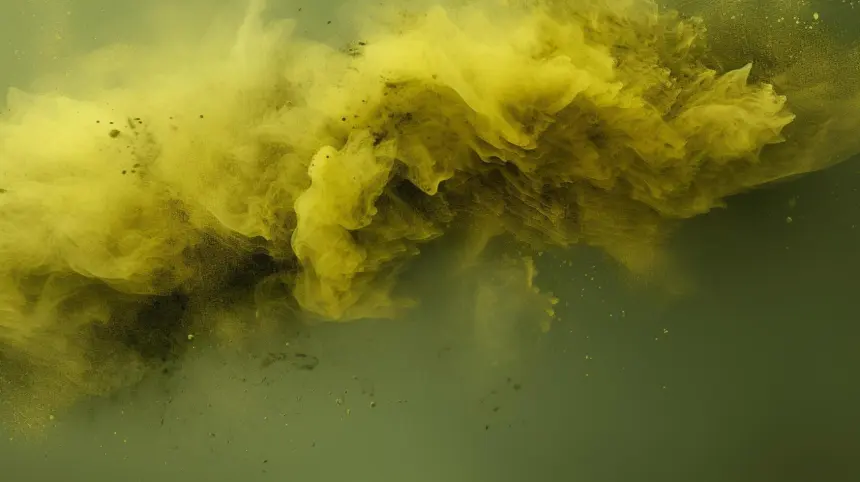More than 600 Shiite pilgrims in Iraq were briefly hospitalised with respiratory issues after inhaling chlorine gas from a leak at a water treatment facility, authorities confirmed on Sunday.
The incident occurred overnight along the route connecting the Shiite holy cities of Najaf and Karbala, both situated in central and southern Iraq. This path is a key pilgrimage route for millions of worshippers travelling to Karbala to commemorate Arbaeen a 40-day mourning period marking the martyrdom of Imam Hussein, the grandson of Prophet Mohammed, and his brother Abbas.
According to Iraq’s health ministry, a total of 621 people suffered asphyxiation due to the leak. “All have received the necessary care and left hospital in good health,” the ministry said in a brief statement. The health scare prompted an immediate emergency response, with medical teams dispatched along the pilgrimage route to provide oxygen and other treatments.
Security forces responsible for protecting the pilgrims reported that the gas leak originated from a malfunction at a water treatment station on the Karbala-Najaf road. Chlorine is commonly used in water purification, but in high concentrations, it can be toxic, causing breathing difficulties, chest pain, and irritation of the eyes, nose, and throat.
The incident highlights the fragile state of Iraq’s infrastructure, which has been severely weakened by decades of war, sanctions, and systemic corruption. Poor maintenance, outdated equipment, and weak enforcement of safety regulations have made accidents more frequent.
This is not the first time Iraq has faced a public safety disaster in recent months. In July, a devastating fire at a shopping mall in the eastern city of Kut killed more than 60 people, with many victims suffocating after becoming trapped in restrooms, according to officials.
Despite the gas leak scare, the Arbaeen pilgrimage one of the largest religious gatherings in the world is expected to continue as planned. Millions more are anticipated to arrive in Karbala over the coming days, with authorities pledging enhanced safety measures to protect the faithful.
For now, the swift medical response has prevented further casualties, but the incident has renewed calls for urgent investment in Iraq’s decaying public infrastructure and stricter enforcement of safety standards.

